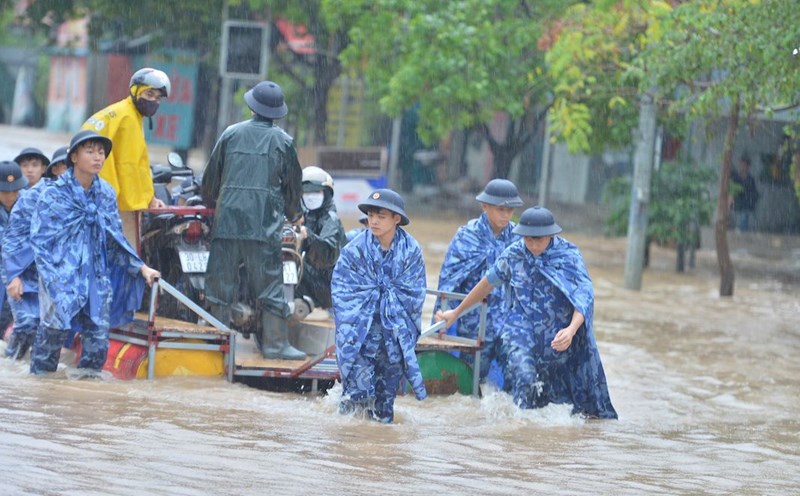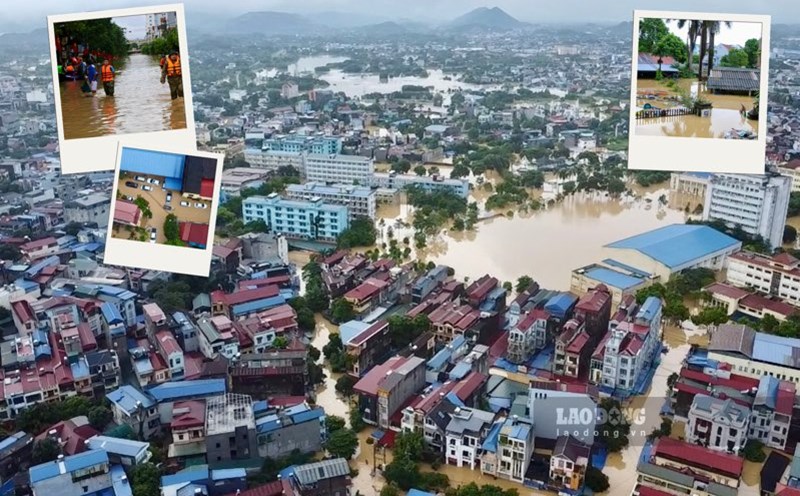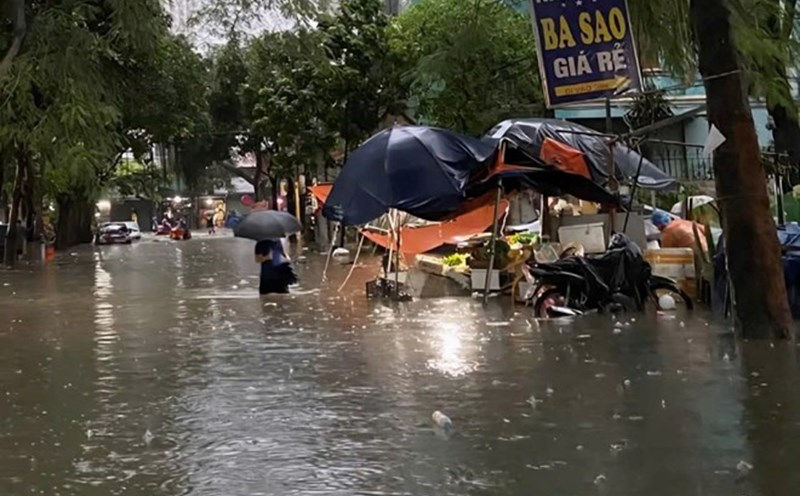On October 8, the Ministry of Agriculture and Environment held a workshop on "Connecting, training, sharing experiences of ASEAN Eco-Schools - plastic- Wasteless Schools" within the framework of the ASEAN Eco-Schools Vietnam Award in 2025. The event attracted more than 100 delegates to attend in person and many online points.
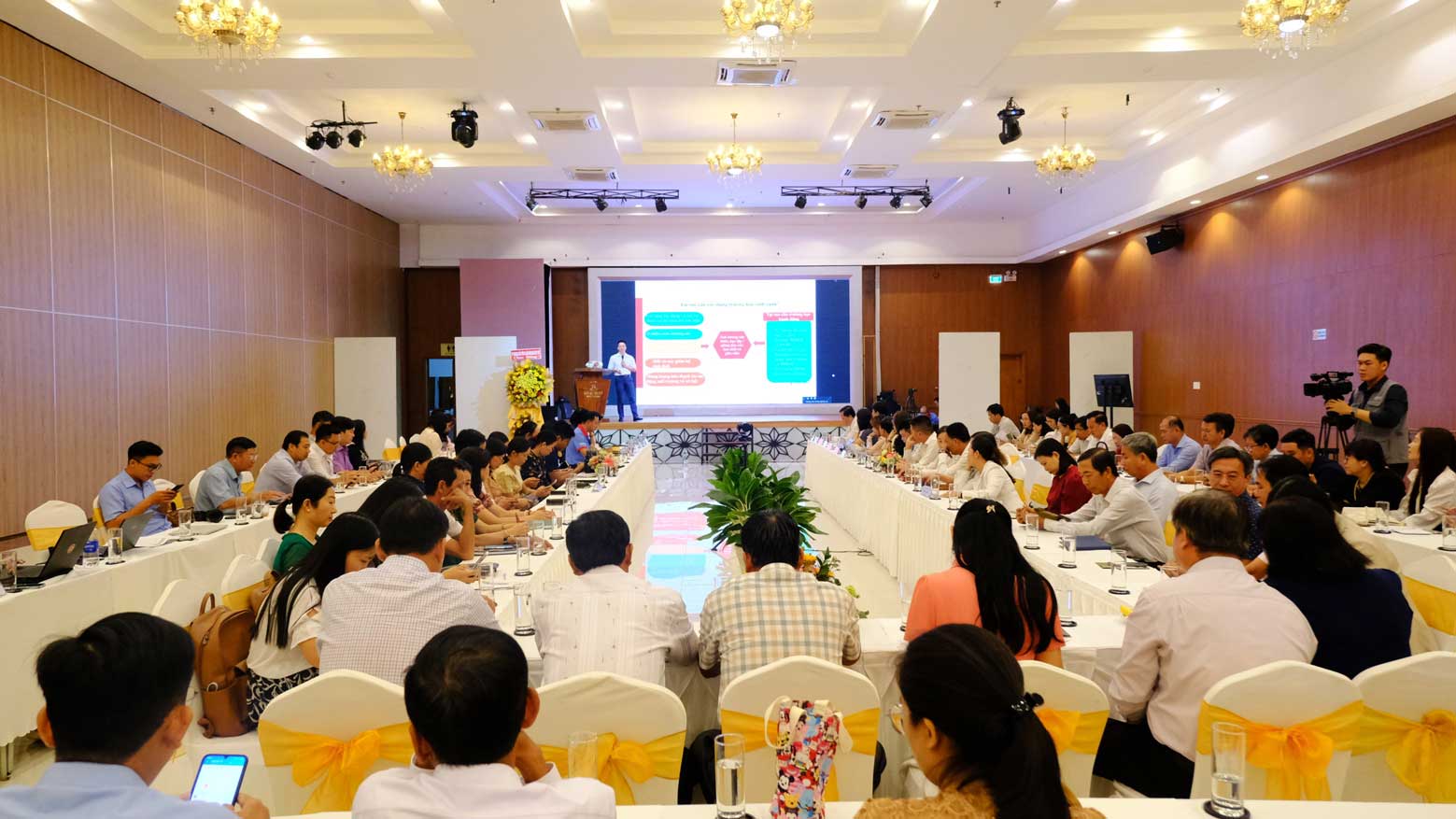
According to a survey by the World Bank in 2022, the Mekong Delta is a hot spot for single-use plastic waste, accounting for 72% of the total amount of plastic waste in the country. In particular, in urban riverside areas such as Can Tho, the density of plastic waste was up to 34.5 items per survey unit, nearly 3 times higher than in rural areas.
Faced with challenges in river plastic pollution, Vice Chairman of Can Tho City People's Committee Nguyen Van Khoi emphasized that the model "ASEAN Eco-Schools - plastic-free Schools" has practical and urgent significance. This is a model that helps integrate environmental education into schools, nurturing awareness, forming green habits right from school.
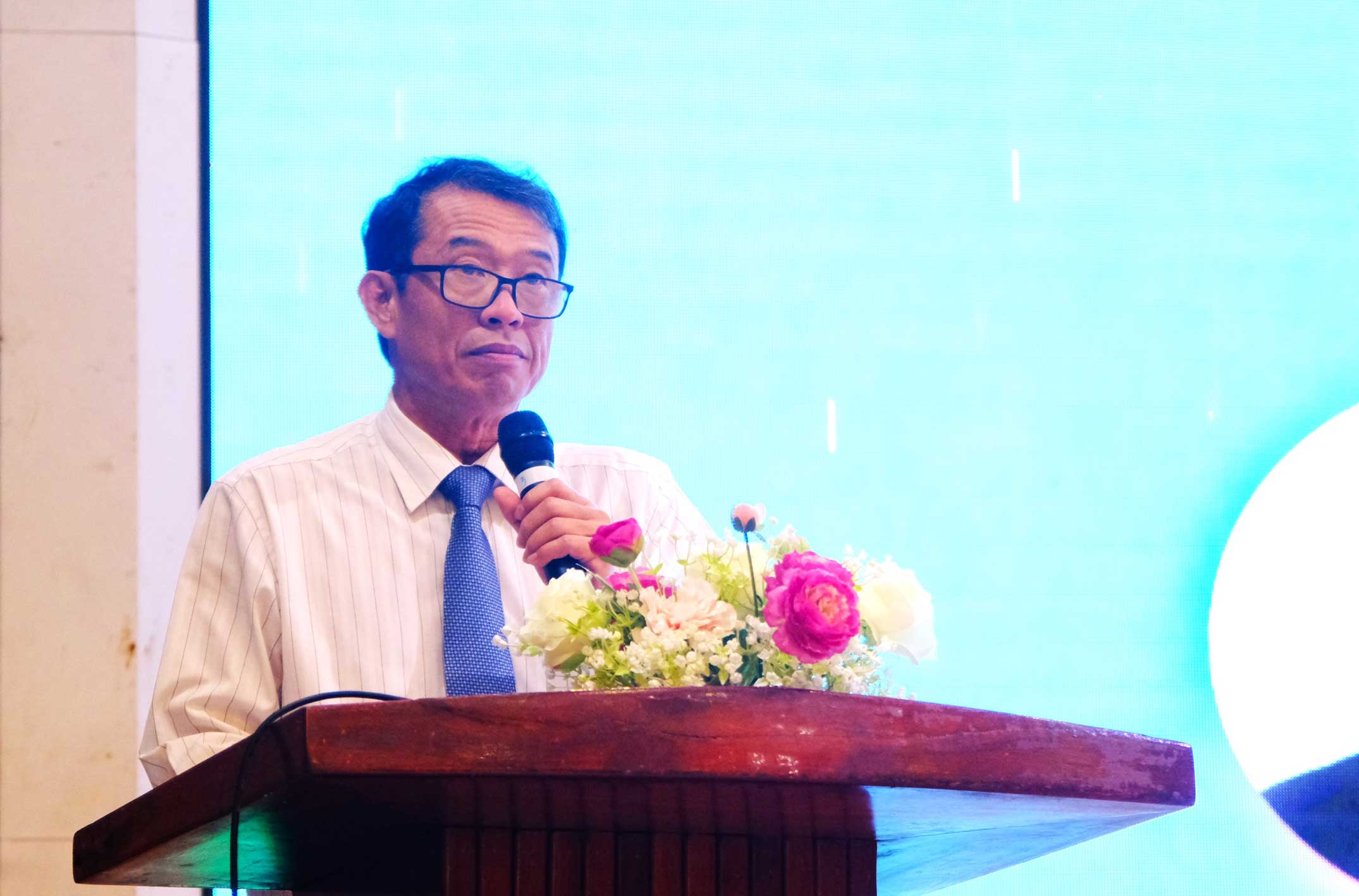
To achieve sustainable results in the movement, Vice Chairman of Can Tho City People's Committee Nguyen Van Khoi said that the education sector needs to continue to promote its core role in building and replicating the "ASEAN Eco-School" model, considering this an important criterion in evaluating green, safe and friendly schools.
Agencies, organizations and local authorities need to increase support, connect resources, and accompany schools in environmental initiatives. Students will be the pioneer, creative, and enthusiastic force in the journey to reduce plastic, protect the Can Tho stream to be clean and green.
At the workshop, Prof. Dr. Nguyen Thi Kim Cuc - Member of the Council for the selection of the ASEAN Eco-Schools Award for Vietnam in 2025 - affirmed the significance of the Eco-School model in the context of increasingly serious plastic pollution. This is a comprehensive integration of environmental education into the curriculum, especially focusing on reducing plastic waste through practical educational activities. This model is in line with the sustainable development orientation of the Vietnamese agricultural and environmental sector, creating a foundation for the younger generation to clearly understand the connection between clean agriculture and environmental protection.
Accordingly, Prof. Dr. Nguyen Thi Kim Cuc called on schools to focus on creating a plastic-free culture in each activity, taking advantage of the ability of the young generation to absorb and spread changes to improve the learning environment, improve health and connect the locality.
The workshop is also a forum to connect schools - management agencies - social organizations to join hands to act towards the goal of reducing plastic waste in education and spreading the spirit of " plastic-free schools" nationwide.
On the same day, delegates visited Viet My Public School - a typical model of the plastic-free school movement.




